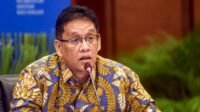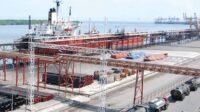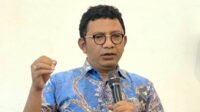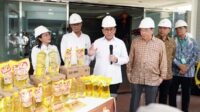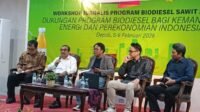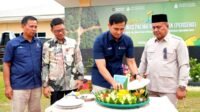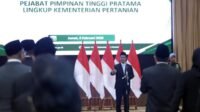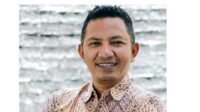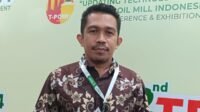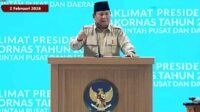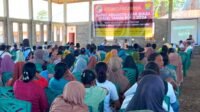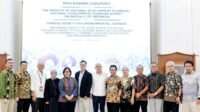PALMOILMAGAZINE, JAKARTA – Indonesia’s economy has demonstrated strong resilience amid global challenges, including rising geopolitical tensions, trade protectionism, and prolonged high-interest rates. Coordinating Minister for Economic Affairs, Airlangga Hartarto, emphasized that controlled inflation, above-average global economic growth, and a stable trade surplus serve as indicators of the nation’s economic strength.
To achieve its economic growth targets, the government is implementing several key policies, including the Free Nutritious Food Program (MBG), the establishment of Danantara with Rp900 trillion in assets under management (AUM), and the downstreaming of mineral resources.
The Indonesia Economic Summit (IES) 2025 officially kicked off on Tuesday (18/2/2025), attended by over 1,500 participants from 48 countries and featuring more than 100 speakers, including business executives, policymakers, industry leaders, and global experts. The summit aims to discuss strategies to accelerate Indonesia’s economic growth and improve the well-being of its 280 million citizens.
Three Pillars of Sustainable Growth
Arsjad Rasjid, Chairman of the Indonesian Business Council (IBC), opened IES 2025, emphasizing that Indonesia’s success in achieving sustainable growth and prosperity depends on three key factors: the right policies, concrete actions, and synergy between the public and private sectors.
“Today, at this summit, we are here to discuss two critical aspects that will define our nation’s future: growth and prosperity. These are not just grand words; they are the true test of Indonesia’s economic rise on the global stage,” said Arsjad Rasjid. He expressed hope that IES 2025 would serve as a platform to transform ideas into tangible actions with measurable impact.
Lessons from Indonesia’s Economic History
Former Vice President Prof. Dr. Boediono reflected on Indonesia’s economic trajectory from the early 1980s until before the 1997 Asian financial crisis, when growth averaged 6% to 7%. He stressed the importance of a strong policy consensus among decision-makers, recognizing development as a long-term process and avoiding policy inconsistencies and counterproductive shifts.
Key Discussions at IES 2025
The two-day summit includes plenary sessions, business discussions, and networking events. On the first day, February 18, key topics covered included:
- Accelerating Indonesia’s economic growth
- Strategies to eradicate extreme poverty
- Transitioning towards a greener and more sustainable future
With a strong focus on action-oriented dialogue, IES 2025 is set to shape Indonesia’s path toward sustainable economic transformation. (P2)







